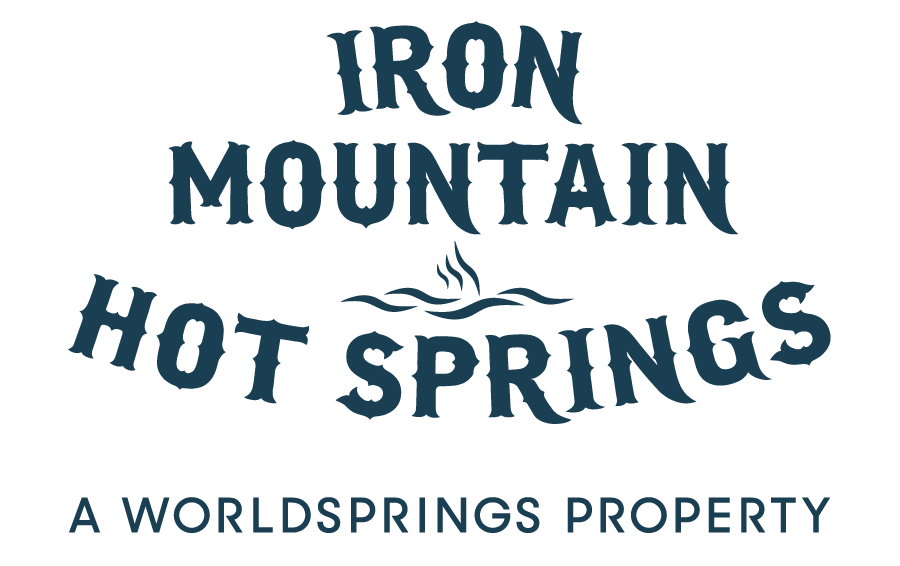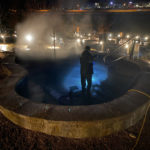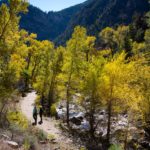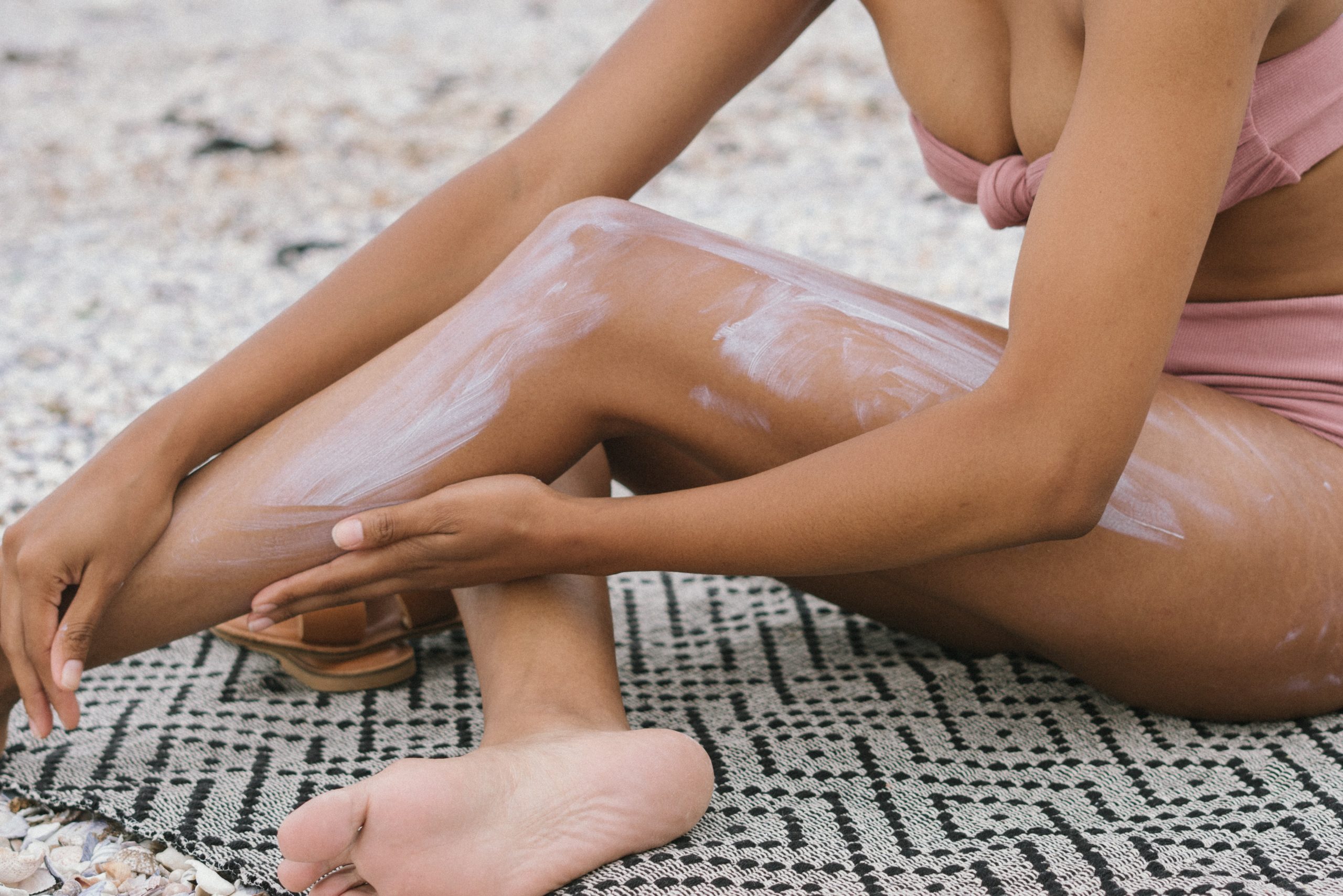
18 Jun Skin in the Game: High Altitude Skin Care
Protect your skin from drying out while you enjoy high-altitude summer fun.
Thin air, hot sun, low humidity and sweat-generating activity at high altitudes in the summertime can put you at risk of sunburn and dry skin. The sun’s UV rays get stronger by eight to 10 percent as you climb to high altitudes, so your exposure at the height of the Rockies can be more than double that at sea level. That can trigger severely dry skin that doctors call xerosis or xeroderma—not just flaking and itching but cracking, chapping and even losing patches of skin. To combat the problem, preserve the moisture you have and add more moisture to your routine.
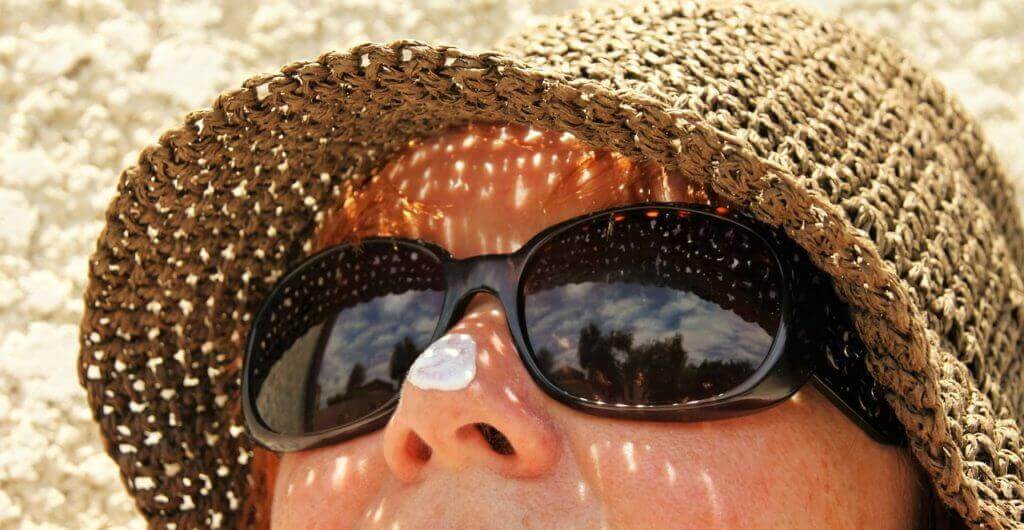 Preserving the moisture you have includes protection from direct sunlight, especially head covering. It might mean avoiding long stretches outdoors during peak hours, 10 a.m. to 4 p.m. When you’re outside, use a sunscreen that blocks UVA rays as well as UVB rays. All sunscreens block UVB, but check for avobenzone or micronized zinc or titanium to block UVB. Reapply every two hours, more often if you’re swimming. Don’t count on a t-shirt to protect you a white shirt has only SPF 7.
Preserving the moisture you have includes protection from direct sunlight, especially head covering. It might mean avoiding long stretches outdoors during peak hours, 10 a.m. to 4 p.m. When you’re outside, use a sunscreen that blocks UVA rays as well as UVB rays. All sunscreens block UVB, but check for avobenzone or micronized zinc or titanium to block UVB. Reapply every two hours, more often if you’re swimming. Don’t count on a t-shirt to protect you a white shirt has only SPF 7.
Preserving your natural moisture also means taking care of your epidermis, the top layer of skin that is your first line of defense—fatty acids block evaporation. Don’t scrub it off with a washcloth, but use a mild cleanser and warm, not hot, water. To strengthen your skin, eat food high in omegas, such as salmon, mackerel, walnuts and chia seeds.
To add more moisture, start by drinking plenty of water. It’s a good idea to keep a bottle handy so you replenish frequently. You can also apply a hydrating toner, moisturizing serum and facial moisturizer after you wash your face. Apply while it’s still damp to lock in moisture. Use a thin moisturizer such as lotion rather than cream in the summer so your skin doesn’t feel sticky.
With these precautions, you can enjoy plenty of high-altitude fun without worrying about the dangers of dry skin. Learn more about health and wellness at Iron Mountain Hot Springs today!
Gene Stowe
Latest posts by Gene Stowe (see all)
- Skin in the Game: High Altitude Skin Care - June 18, 2021
- J-Wellness: Health Trends that are Catching on in the West - May 13, 2021
- Active and Engaged: Senior Movement - April 9, 2021
- Good Vibrations: The Benefits of Wellness Music - March 10, 2021
